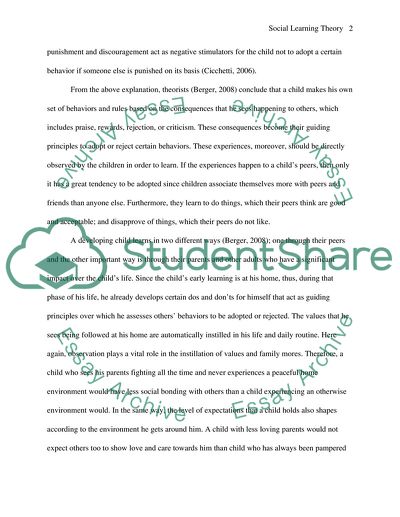Cite this document
(“Social Learning Theory Assignment Example | Topics and Well Written Essays - 1000 words”, n.d.)
Social Learning Theory Assignment Example | Topics and Well Written Essays - 1000 words. Retrieved from https://studentshare.org/social-science/1577260-social-learning-theory
Social Learning Theory Assignment Example | Topics and Well Written Essays - 1000 words. Retrieved from https://studentshare.org/social-science/1577260-social-learning-theory
(Social Learning Theory Assignment Example | Topics and Well Written Essays - 1000 Words)
Social Learning Theory Assignment Example | Topics and Well Written Essays - 1000 Words. https://studentshare.org/social-science/1577260-social-learning-theory.
Social Learning Theory Assignment Example | Topics and Well Written Essays - 1000 Words. https://studentshare.org/social-science/1577260-social-learning-theory.
“Social Learning Theory Assignment Example | Topics and Well Written Essays - 1000 Words”, n.d. https://studentshare.org/social-science/1577260-social-learning-theory.


